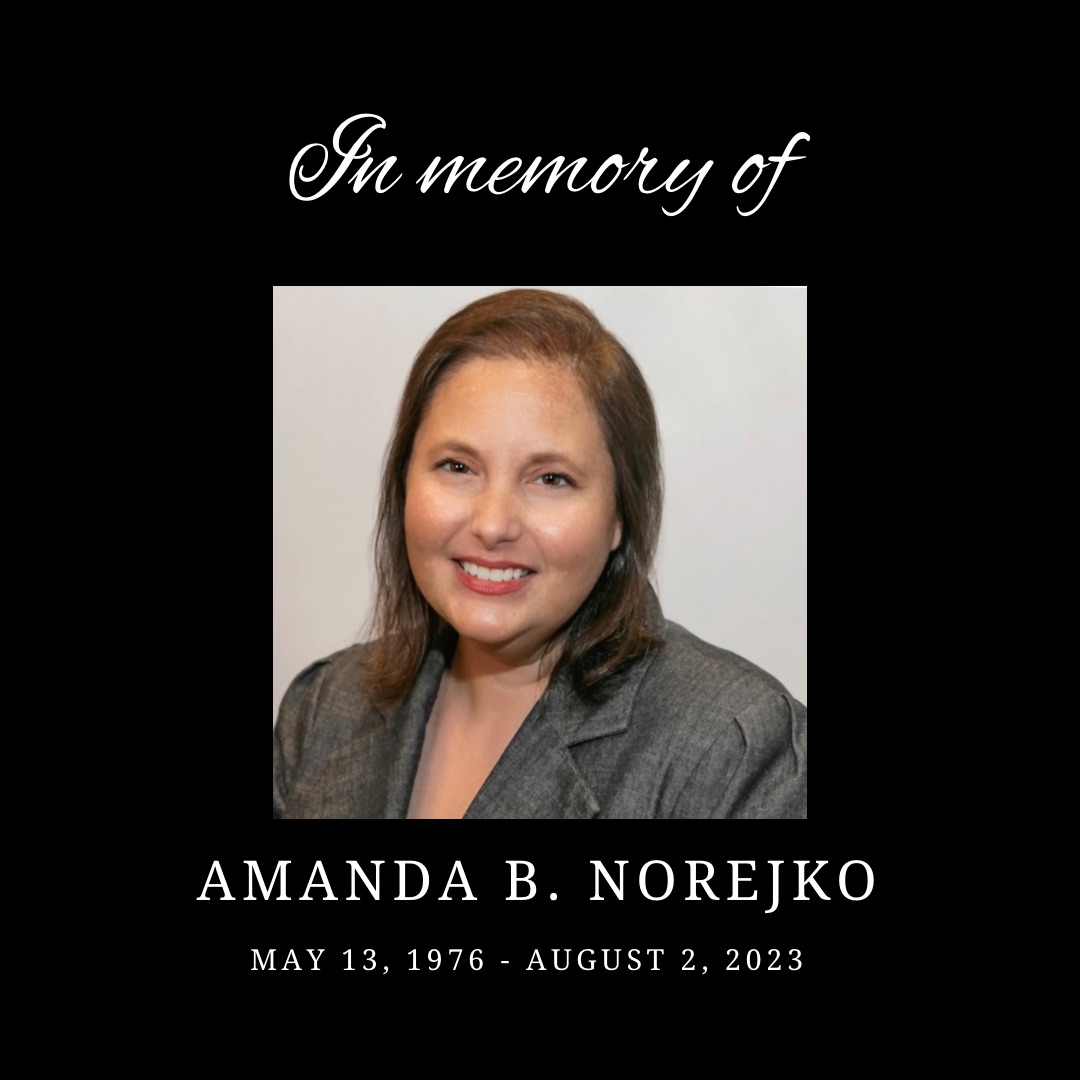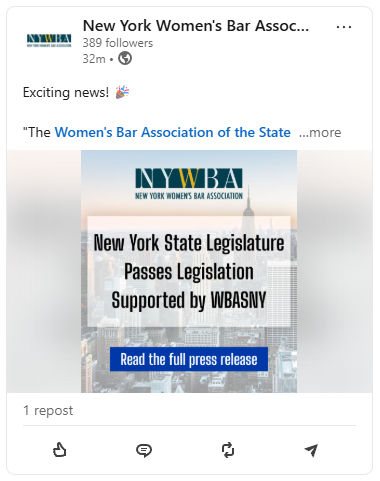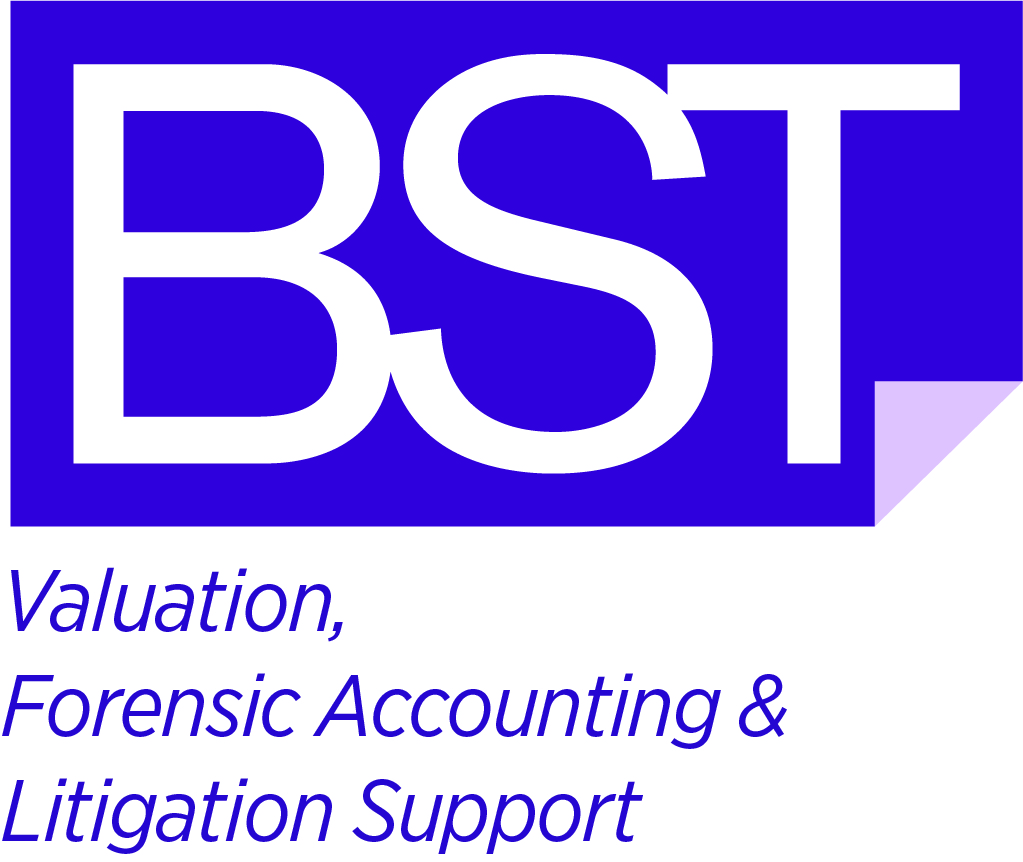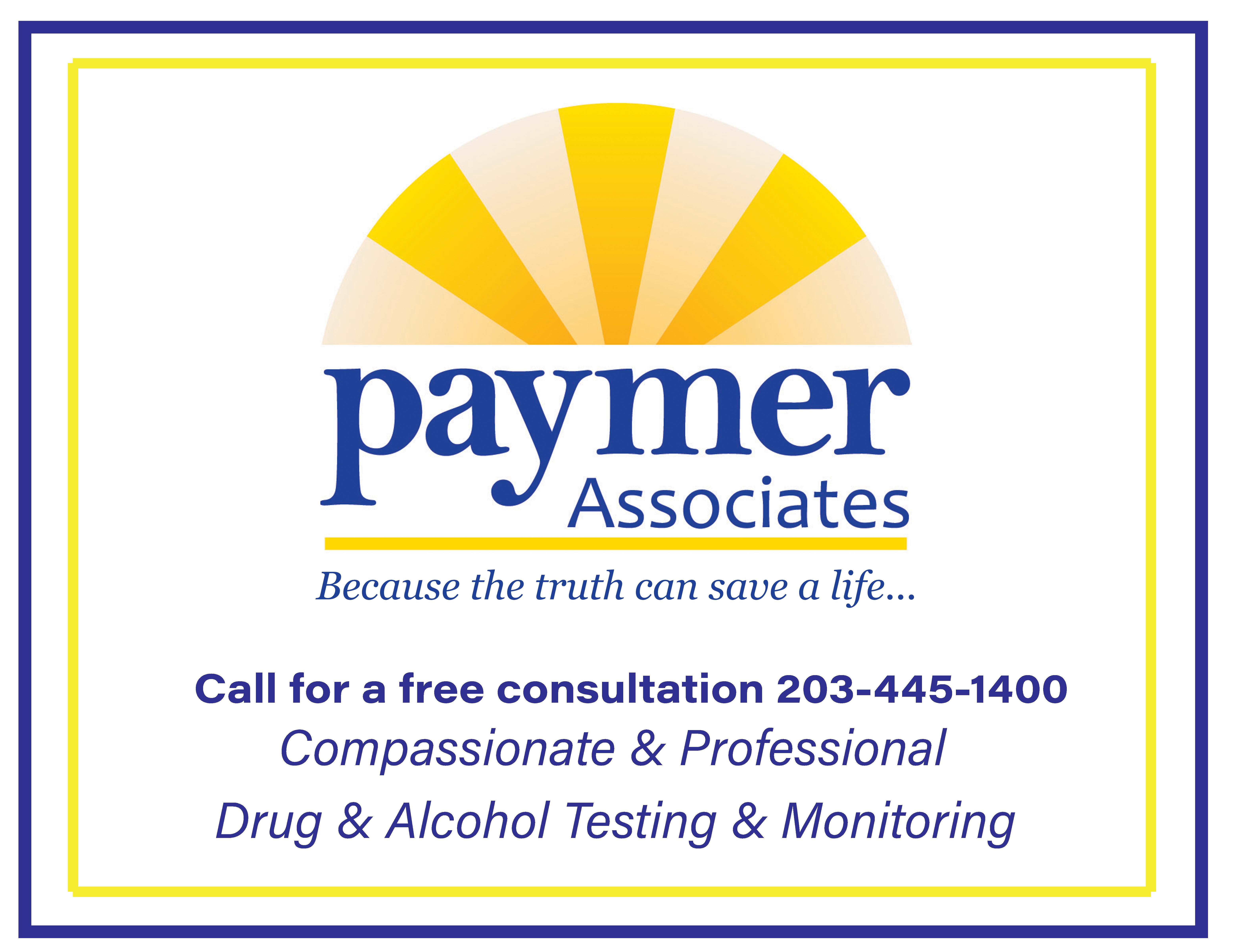
NYWBA Annual Luncheon, May 21, 1949

NYWBA 2025 Annual Dinner, June 9, 2025

NYWBA 2025 Annual Dinner, June 9, 2025

NYWBA 2025 Annual Dinner, June 9, 2025 with new NYWBA President, Lissett Costa Ferreira

NYWBA 2025 Annual Dinner, June 9, 2025

NYWBA 2025 Annual Dinner President’s Special Award recipient, Safe Horizon

NYWBA 2025 Annual Dinner President’s Special Award recipient, Planned Parenthood

NYWBA 2025 Annual Dinner President’s Special Award recipient, U.S. Representative Carolyn B. Maloney

NYWBA 2025 Annual Dinner President’s Special Award recipient, U.S. Representative Carolyn B. Maloney

NYWBA 2025 Annual Dinner, June 9, 2025

NYWBA 2025 Annual Dinner, June 9, 2025

NYWBA 2025 Annual Dinner, June 9, 2025

NYWBA 2025 Annual Dinner, June 9, 2025

NYWBA 2025 Annual Dinner, June 9, 2025

NYWBA 2025 Annual Dinner, Past NYWBA Presidents

NYWBA 2025 Annual Dinner, June 9, 2025

NYWBA 2025 Annual Dinner, June 9, 2025

NYWBA 2025 Annual Dinner, June 9, 2025

NYWBA 2025 Annual Dinner, June 9, 2025

NYWBA 2025 Annual Dinner, June 9, 2025

NYWBA 2025 Annual Dinner, June 9, 2025

NYWBA 2025 Annual Dinner, June 9, 2025

NYWBA 2025 Annual Dinner, June 9, 2025

NYWBA 2025 Annual Dinner, June 9, 2025

NYWBA 2025 Annual Dinner, June 9, 2025

NYWBA 2025 Annual Dinner, June 9, 2025
MEMBERSHIP: JOIN OR RENEW TODAY
By joining the NYWBA, you become a member of a statewide network of attorneys and judges. Membership in the NYWBA provides extraordinary opportunities and benefits. Click here to learn more or join today.
President’s Message
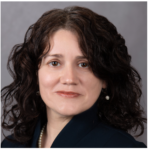 I am honored and excited to serve as President of the New York Women's Bar Association for 2025-2026. I know I stand on the shoulders of the strong women who founded and led our organization, shaping it into the formidable force that it is today.
I am honored and excited to serve as President of the New York Women's Bar Association for 2025-2026. I know I stand on the shoulders of the strong women who founded and led our organization, shaping it into the formidable force that it is today.There is much work to be done. I look forward to working with all of you to advance our mission and to stand up for the principles our organization holds dear: the rule of law, equal justice for all, judicial independence, and women's rights--which include reproductive rights. ~ Lissett Costa Ferreira Click here to read the President's Message from the most recent newsletter.
Legislation Supported by WBASNY Signed Into Law
New York, NY, Tuesday, January 13, 2026
As the New York State 2026 Legislative Session begins, the Women’s Bar Association of the State of New York (“WBASNY”) thanks the Legislature and Governor Kathy Hochul for their leadership in passing and signing into law important legislation that WBASNY supports.
2025 NYWBA ANNUAL AWARDS & INSTALLATION DINNER
Thank you for celebrating the New York Women’s Bar Association’s 2025 Annual Awards and Installation Dinner on June 9, 2025 at Tribeca 360.
The President’s Special Award was jointly presented to U.S. Representative Carolyn B. Maloney and Hon. Betty Weinberg Ellerin, along with Planned Parenthood of Greater New York and Safe Horizon.
Honoring Cecile Richards
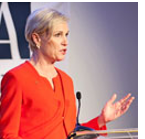 The NYWBA mourns the passing of Cecile Richards on January 20, 2025. We honored Cecile at our 2016 Annual Dinner where she graciously accepted the NYWBA President’s Special Award for her work as then-President of Planned Parenthood Federation of America, and her zealous advocacy for reproductive rights and education.
The NYWBA mourns the passing of Cecile Richards on January 20, 2025. We honored Cecile at our 2016 Annual Dinner where she graciously accepted the NYWBA President’s Special Award for her work as then-President of Planned Parenthood Federation of America, and her zealous advocacy for reproductive rights and education.
Honoring Amanda B. Norejko
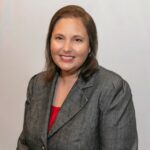 In August of 2024, the NYWBA sadly announced the untimely death of Amanda B. Norejko, our dynamic friend, Past President, Board Member and Committee Co-Chair.
In August of 2024, the NYWBA sadly announced the untimely death of Amanda B. Norejko, our dynamic friend, Past President, Board Member and Committee Co-Chair.
In Amanda’s honor, we have created a webpage that is devoted to her memory. Click here to view this page.
Press Releases
December 10, 2025: WBASNY Congratulates Kareen V. Zeitounzian
December 8, 2025: WBASNY Congratulates Hon. Thérèse Wiley Dancks
December 4, 2025: WBASNY Announces Its Legislative Priorities for 2025-2026
November 25, 2025: WBASNY Commends the Recent Decision Upholding New York’s Law Regarding Immigration Enforcement Activities In Or Near Courthouses
November 24, 2025: WBASNY Congratulates Judicial Appointments
NYWBA Foundation
![]() The NYWBA Foundation is a non-profit 501(c)(3) charity whose mission is to eliminate gender bias and discrimination from the legal system and profession; to promote social and economic equality, safety, and well-being of women and children; and to address the unmet legal needs of women and children.
The NYWBA Foundation is a non-profit 501(c)(3) charity whose mission is to eliminate gender bias and discrimination from the legal system and profession; to promote social and economic equality, safety, and well-being of women and children; and to address the unmet legal needs of women and children.
WBASNY
 NYWBA is a founding chapter of the Women’s Bar Association of the State of New York. WBASNY’s mission is to: Promote the advancement of the status of women in society and of women in the legal profession; to promote the fair and equal administration of justice; and to act as a unified voice for its members with respect to issues of statewide, national and international significance to women generally and to women attorneys in particular.
NYWBA is a founding chapter of the Women’s Bar Association of the State of New York. WBASNY’s mission is to: Promote the advancement of the status of women in society and of women in the legal profession; to promote the fair and equal administration of justice; and to act as a unified voice for its members with respect to issues of statewide, national and international significance to women generally and to women attorneys in particular.
JALBCA
 JALBCA was founded by a small group of judges and lawyers who were all personally affected by breast cancer, either as survivors themselves or as family or close friends. Our mission is focusing on the intersection of the law and breast cancer, to leverage the legal community’s strength, passion, resources and expertise in the fight against breast cancer.
JALBCA was founded by a small group of judges and lawyers who were all personally affected by breast cancer, either as survivors themselves or as family or close friends. Our mission is focusing on the intersection of the law and breast cancer, to leverage the legal community’s strength, passion, resources and expertise in the fight against breast cancer.









